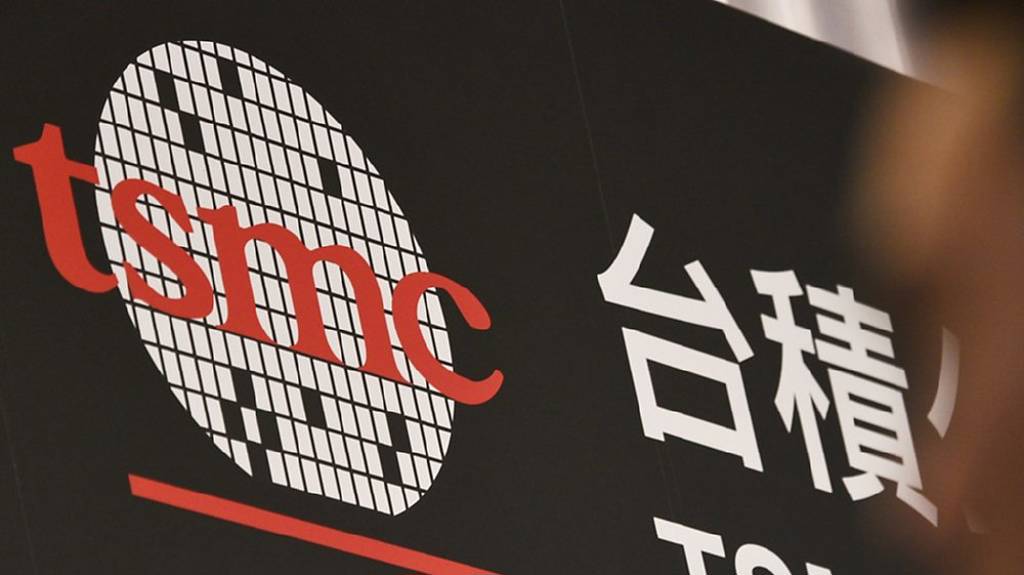Chip manufacturers are gradually entering the 2nm process, and the price of each chip has risen to $30,000

TSMC's 2nm wafer foundry price has soared to $30,000 per wafer, and the price of angstrom process is expected to reach $45,000 in the future. Photo/File photo of this newspaper
 Inventory of TSMC's 2nm chip customers
Inventory of TSMC's 2nm chip customersTSMC's 2nm process is about to go into production. In addition to AMD, MediaTek, a first-tier customer, has announced that the Tape-out (design finalization) is in the countdown. Apple and Qualcomm will adopt the flagship mobile phone chips next year. The supply chain revealed that the total cost of chip factories to create 2nm chips from the start of the project to the output is as high as US$725 million (about NT$21.6 billion). TSMC's 2nm wafer foundry price has soared to US$30,000 (about NT$900,000) per piece, and the Angstrom process is said to be up to US$45,000 (NT$1.34 million). In the future, only top customers can afford it, confirming the arrival of the chip war era!
TSMC's shareholders' meeting will be held on the 3rd. Chairman Wei Zhejia will preside over the meeting for the first time since taking office. He will set the tone for the semiconductor market in the second half of the year, and the impact of overseas investment, tariffs and exchange rates on operations.
The price of advanced process foundry is rising step by step. The supply chain said that TSMC's 2nm monthly production capacity is expected to reach 30,000 pieces by the end of this year. The number of new wafers taped out in the second year has increased fourfold compared to the 5nm in the same period, highlighting that the use of cutting-edge processes must be the moat of chip manufacturers.
Chip manufacturers have entered the 2nm process one after another. AMD has completed the production of its new generation EPYC server processors. Japan's Fujitsu has also used TSMC's 2nm process to build its AI CPU. Competition in edge computing is fierce. MediaTek announced that its 2nm chip design will be finalized in September. It is highly likely that this will be the flagship mobile phone chip Dimensity 9600 (name not yet determined) that will be unveiled next year. Qualcomm is also rumored to use 2nm to build its third-generation Snapdragon 8 Elite mobile platform.
Apple's self-developed chip A20/A20 pro will debut in iPhone18. It is reported that the M6 chip of the Mac product line will also adopt TSMC's 2nm process.
Semiconductor industry insiders estimate that before 2027, ASIC products from major CSP manufacturers will follow suit, and Google's eighth-generation TPU (tensor processing unit), Amazon AWS's Trainium 4, and Microsoft's Maia 300 will all enter TSMC's 2nm process.
TSMC has stepped up efforts to build 2nm production capacity to actively meet demand. Both its Hsinchu Baoshan and Kaohsiung plants are progressing rapidly. It is estimated that depending on the level of customer demand, this node will break the record for the fastest rate of reaching full capacity utilization.
TSMC is optimistic about the growth momentum of revenue from AI accelerators, and the compound annual growth rate will approach mid-forties percentages within five years from 2024. Supply chain companies said that the complexity of advanced processes exceeds 2,000 processes, and controlling the tiny errors on the wafer is not only a demonstration of single process capabilities, but also relies on the accumulation of process control technology and experience curves. TSMC's chip manufacturing strength is no longer something that can be achieved by overtaking on a curve.
